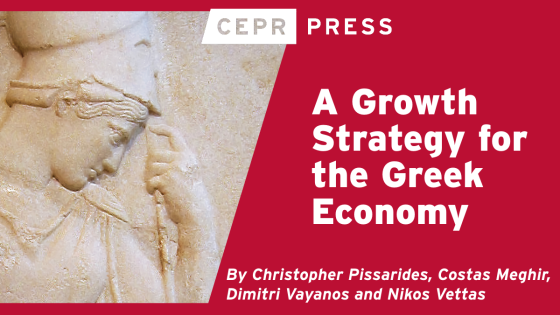The currency crisis that is affecting Europe is fuelled by several economic factors such as the fear of insolvency by Greece, low growth and deficits in southern Europe, the fragility of banking systems of many Eurozone countries. But there is another aspect that is becoming important: lack of confidence in the institutions (national and Community) and in people who lead them.
Improvisation, conflicts, and turnarounds in handling the crisis in Greece have given the impression that governments and European institutions are not capable of facing the toughest challenges. The main culprits are national governments – Germany in particular. Recently there has been a further confirmation of German improvisation. BaFin, the Federal agency for financial supervision, has banned short selling on bonds in the euro and on a limited number of shares of financial companies. The decision is likely to be counterproductive – it leads to focus on short-selling the euro or other securities not covered by the prohibition. More importantly, it was taken unilaterally and without coordination with other European authorities.
So far the reputation of the ECB has not been scratched. Indeed, the way it handled the crisis following the bankruptcy of Lehman has been exemplary. However, the ECB must be careful. Its initial opposition to the involvement of the IMF in Greece turned out to be a mistake. So was the recent and ill-judged interview with a German newspaper by Axel Weber, governor of the Bundesbank, where he expressed his dissent from the ECB's decision to purchase government bonds of the Eurozone countries, and the fear that this could pose a risk to stability.
The credibility of an independent central bank depends on the conviction that its operations are guided by technical considerations and consistent economic principles, rather than by political opportunism and appearance. In this regard, the ECB decision to "sterilise" the purchase of bonds with inverse operations to drain liquidity is surprising.
Between 10 and 14 May, the ECB bought about €16 billion of government securities. This is small change compared to the hundreds of billions of excess liquidity in European banks. But to signal its commitment not to print money and avoid inflation, the ECB has also collected cash from banks, giving them deposits with a weekly maturity.
Furthermore, the ECB itself, following the exceptional measures taken after the failure of Lehman and still in force, continues to provide liquidity in unlimited amounts to banks participating in the weekly auctions. In other words, today the cash in circulation is determined by banks’ demand – it is not set by the ECB. The purchase of government bonds on the secondary market changes the composition of the budget of the ECB, but has no effect on its size, and therefore it does not alter the amount of money in circulation. So there is no need to sterilise anything.
The sterilisation announced and implemented by the ECB, has only a symbolic effect, not of substance. But it is a symbol of what?
- Of its commitment against inflation?
- Or rather of internal divisions inside the ECB?
The answer that sterilisation was conducted to reassure the markets or the German public opinion is not convincing, because it presupposes that people can be fooled by appearance. Given the circumstances, the ECB did the right thing when it chose to intervene in buying government bonds, because the alternative of doing nothing would have been worse than the risk of compromising the bank credibility. But now the concern is not excess money creation (which is determined endogenously by the banking system), but rather the fear that the ECB will fill its budget with securities that will not be repaid in full. Sterilisation does nothing to address this concern.
In times like these, the credibility of institutions is essential to guide market expectations and to restore confidence. But their credibility also rests in the consistency with which technical issues are addressed.


